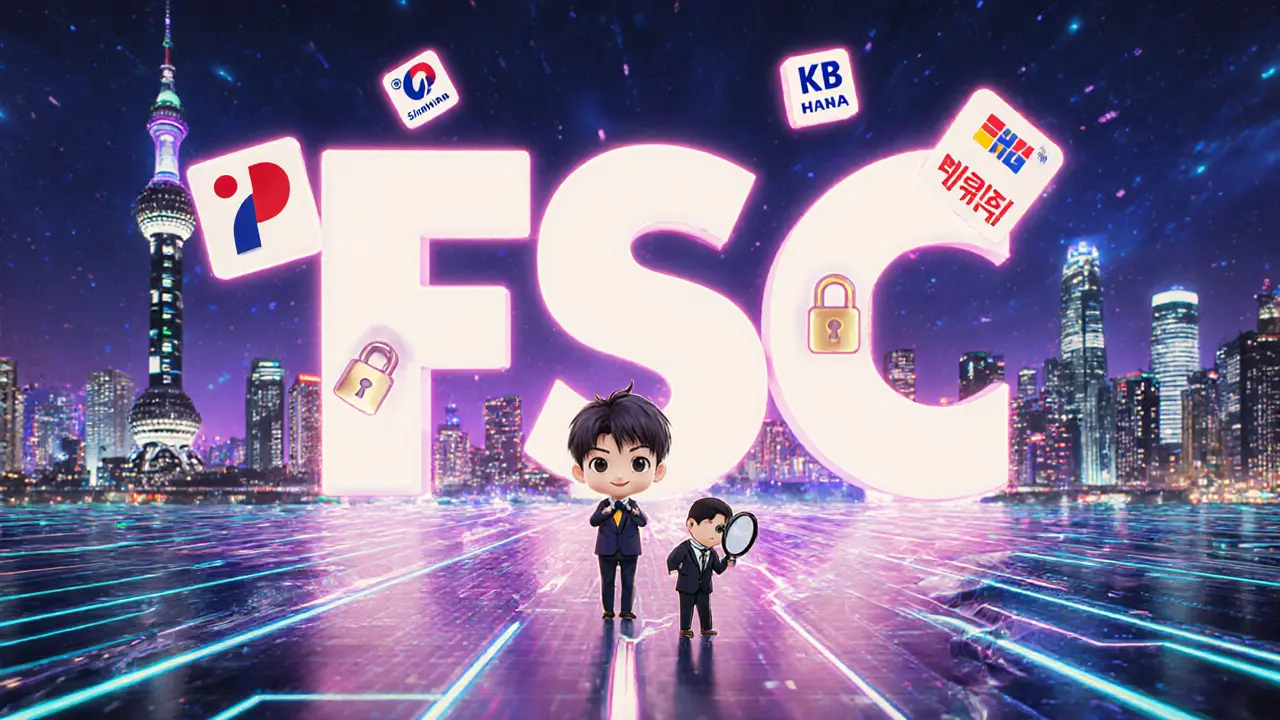VASP Korea: What You Need to Know About Crypto Regulations in South Korea
When you hear VASP, a Virtual Asset Service Provider, which is any company that handles crypto transactions like exchanges, wallets, or custody services. Also known as crypto service provider, it’s now a legally defined term in South Korea under strict anti-money laundering laws. VASP Korea isn’t just a buzzword—it’s a gatekeeper. Since 2021, all crypto businesses operating in South Korea must register as a VASP with the Financial Services Commission (FSC). If they don’t, they’re shut down. No exceptions. This isn’t about slowing innovation—it’s about forcing transparency. You can’t run a crypto exchange here without proving who your customers are, where their money comes from, and how you’re keeping it safe.
That’s why you’ll see posts here about Kraken blocked jurisdictions, the list of countries and states where crypto trading is restricted, including South Korea’s strict compliance demands, and why KYC crypto, the process of verifying user identity before allowing crypto transactions isn’t optional anymore—it’s the price of entry. South Korea doesn’t just ask for your ID. It demands real-time transaction logs, proof of fund origins, and regular audits. Exchanges like BTCBOX and Reku have built their entire models around this reality. They don’t just cater to users—they comply with regulators. And if you’re trading crypto in Korea, you’re part of that system. Even if you think you’re using P2P or stablecoins to avoid scrutiny, the law still sees you as a participant in a regulated financial activity.
What does this mean for you? If you’re an investor, you’re dealing with one of the most tightly controlled crypto markets in the world. You can’t just hop on a random platform. You need to know if it’s licensed. If it’s not, your funds aren’t protected. If you’re a developer or builder, you can’t ignore VASP rules. Building a DeFi app for Korean users means building compliance into the code. The crypto compliance, the set of legal and operational standards crypto businesses must meet to operate legally requirements here are tougher than in the U.S. or EU. And that’s why you’ll find posts here covering everything from how Canadian exchanges get licensed to how Algeria’s ban compares to Korea’s controlled access. It’s not about freedom—it’s about survival. The crypto world in South Korea doesn’t operate in the shadows. It operates under a microscope. And if you want to play here, you need to understand the rules before you put your money down.
Below, you’ll find real-world examples of how VASP Korea impacts exchanges, users, and even privacy-focused projects. From exchange reviews that call out compliance gaps to deep dives on how surveillance tech like Chainalysis works alongside Korean regulators, this collection gives you the practical truth—not the hype. No fluff. Just what you need to know before you trade, invest, or build in South Korea’s crypto space.

